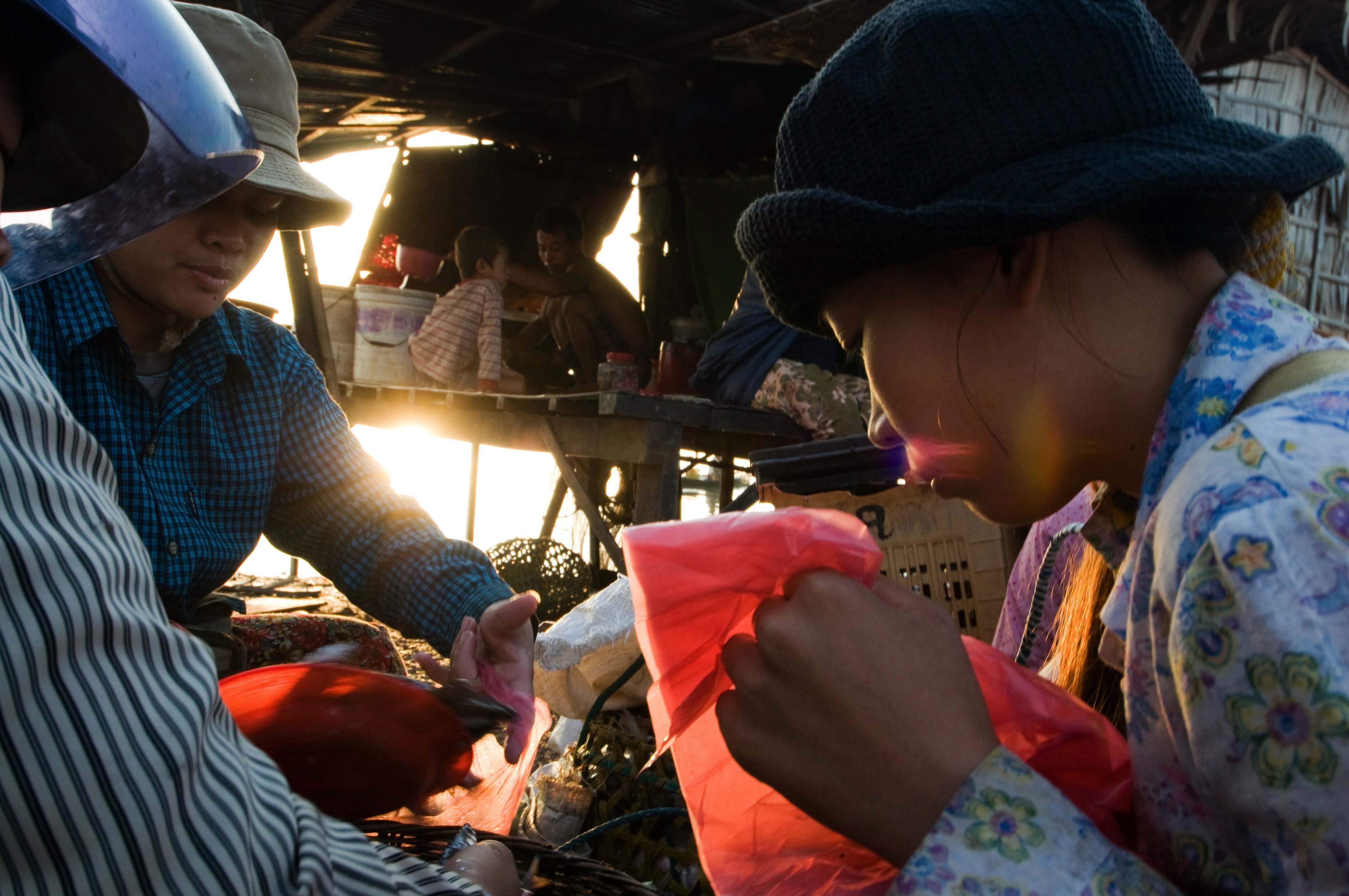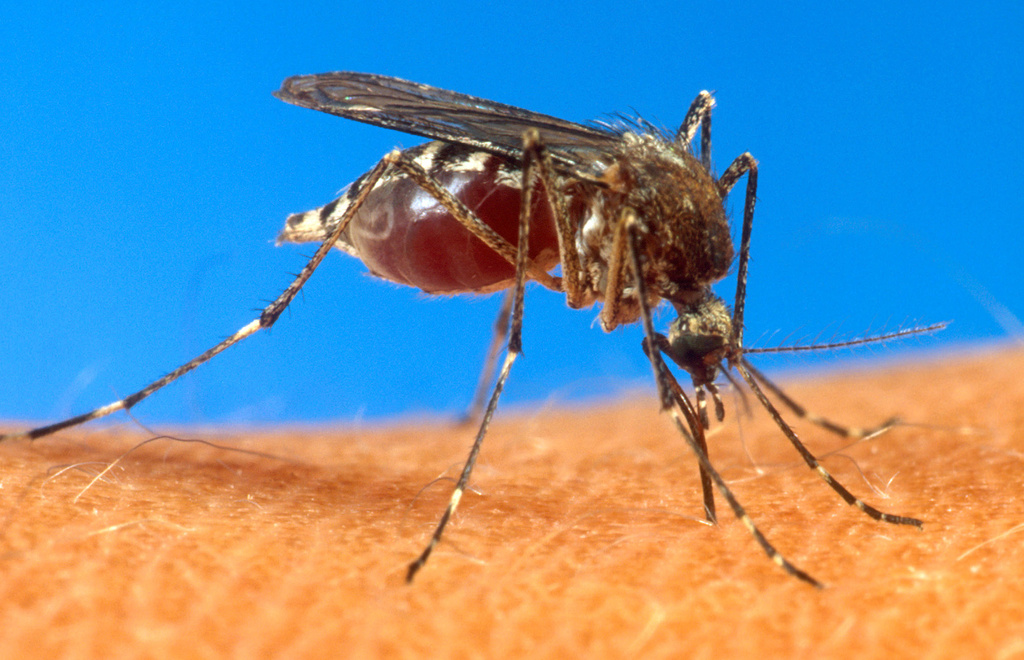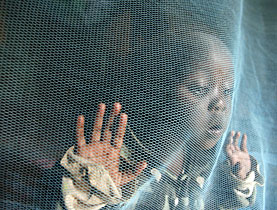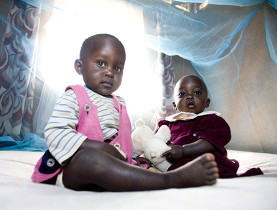WHO launches plan to protect malaria therapies

The World Health Organization (WHO) has launched a global plan to halt the spread of drug-resistant malaria, warning that not acting would be “catastrophic”.
The initiative, announced in Geneva, follows reports in Southeast Asia of the first signs of resistance to artemisinin, the key component of malaria treatments for millions of patients, posing a serious threat to global control efforts.
An artemisinin-resistant parasite emerged in areas along the Cambodia-Thailand border in mid 2000, and is suspected of having spread to other areas in Cambodia, Myanmar, Thailand and Vietnam. WHO has since initiated an “aggressive” containment plan in the affected locations.
The Mekong Delta region is where chloroquine first began to fail in the 1950s before it moved westwards and lost effectiveness in Africa. It is feared the same could happen with arteminisim, the most potent drug available against malaria, especially when used in artemisinin combination therapy (ACT), which links it with other drugs.
“ACTs are the gold standard. It is no exaggeration for me to say that the consequences of widespread resistance to artemisinins would be catastrophic,” WHO Director General Margaret Chan told a meeting on Wednesday.
Experts say there is limited time to contain or eliminate the resistant parasites.
“While we don’t have evidence of resistance outside the Mekong Delta area, resistance could emerge elsewhere and we need to be prepared for that,” Robert Newman, director of the WHO Global Malaria Programme, told swissinfo.ch.
Nicholas White, who has researched artemisinin-resistance in the Mekong region, called for a greater sense of urgency.
“This is a cancer caught at a relatively early stage, but we don’t know if this cancer has spread. If it has not spread then it may be that we can take radical, painful action to excise it and cure it,” he said.
$175 million a year
In its new global plan, WHO said more than $175 million a year would be required. The funds would be used to contain the resistance in these areas, to better track the resistant form and to increase access to malaria diagnostic testing; of the total, $65 million would be needed for research into resistant parasites and new drugs to replace ACTs.
While a major effort is underway to develop new classes of antimalarials, like NITD609, an experimental drug identified by a Swiss-led international team last year, no replacement products are on the immediate horizon, say experts.
Partners present in Geneva generally welcomed the global plan while calling for better agency collaboration.
WHO is meanwhile urging all states to step up surveillance of drug resistance, saying that in 2010 less than half – 31 of 75 countries – were routinely conducting tests on the efficacy of malaria drugs.
“Tremendous progress”
Malaria affects some 243 million people annually and kills 781,000 a year, mostly young children and pregnant women in sub-Saharan Africa. But WHO estimates that the number of malaria cases has fallen by over 50 per cent in 43 countries in the past decade.
A recent study of malaria prevention in 34 African countries estimated that over 730,000 lives were saved between 2000 and 2010.
“We have made tremendous progress over the past decade in the fight against malaria,” said Newman. “But 781,000 is still an unacceptably high number for a disease that is entirely preventable and treatable. That number needs to go to zero.”
Annual malaria funding has risen to $1.8 billion, resulting in a rapid increase in malaria-control prevention via the availability of long-lasting insecticide-treated mosquito nets, targeted indoor spraying and modest increases in access to ACTs.
But the money still falls short of the projected $6 billion needed annually for global malaria control, said Newman.
He added that over the next five years gains needed to be maintained in vector control – 350 million insecticide-treated mosquito nets in Africa – while seeking progress in areas lagging behind like universal diagnostic testing of all suspected cases.
“This will preserve ACTs for those people who actually have malaria and this will improve malaria surveillance,” said Newman.
He also called for further efforts to improve access to affordable ACTs and to halt the manufacture and marketing of cheap, ineffective oral artemisinin-based monotherapies, which represent “the single biggest risk to the spread of resistance”.
Since 2005 WHO has helped reduce the number of producers from 76 to 43, including one in Switzerland. But they continue to exploit niche markets, it said.
Almost half the world’s population is exposed to malaria, which kills nearly a million people a year, mostly young children under the age of five and pregnant women in sub-Saharan Africa.
The economic impact of the disease is immense, causing lost days of work and loss of tourism and investment.
There are four main types of malaria, all spread by mosquitoes.
Malaria is caused by a parasite of the Plasmodium species and is transmitted by the bite of a female Anopheles mosquito.
Many drugs have lost their effectiveness against the parasite as it adapts. There is no vaccine but advanced testing is underway of one that could offer partial protection.
Insecticide-treated bed nets and indoor spraying of houses with insecticides are two methods of keeping the Anopheles mosquito at bay.
Currently, the most effective drugs are combination treatments containing artemisinin – derived from a plant that has been used for centuries in traditional Chinese medicine to treat fever.
Malaria has been largely beaten in the richer parts of the world, with 108 countries free from the disease, but tackling the disease in poor and tropical countries is more difficult.

In compliance with the JTI standards
More: SWI swissinfo.ch certified by the Journalism Trust Initiative




You can find an overview of ongoing debates with our journalists here. Please join us!
If you want to start a conversation about a topic raised in this article or want to report factual errors, email us at english@swissinfo.ch.